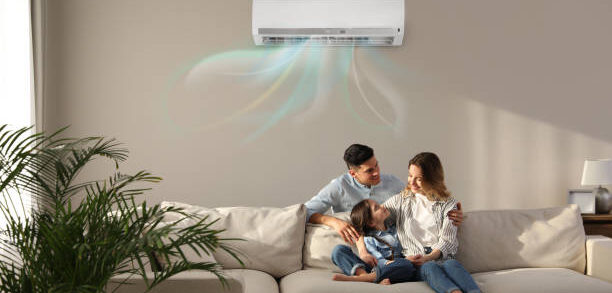
The significance of HVAC systems in modern homes cannot be overstated. They provide warmth during chilly winters and cool relief in scorching summers, ensuring year-round comfort and well-being.
This guide delves into the intricacies of home HVAC replacement, highlighting its importance, financial implications, and the numerous benefits of investing in a modern HVAC unit.
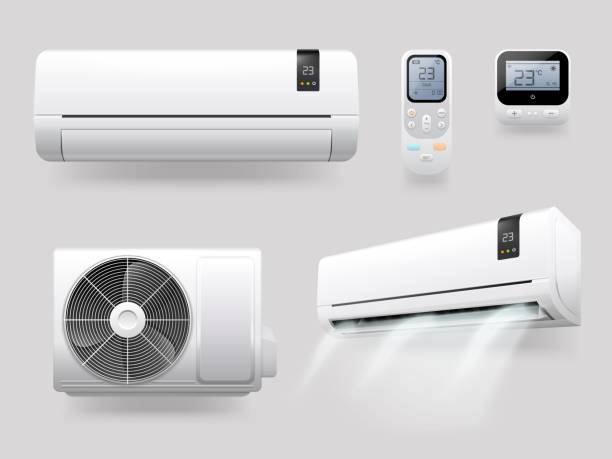
Before delving into the heating and cooling system replacement, it’s essential to understand the fundamentals of home HVAC systems.
Heating, ventilation, and air conditioning (HVAC) systems encompass a network of components designed to regulate indoor temperature, humidity, and air quality. These systems typically consist of an indoor unit, outdoor unit, ductwork, thermostat, and various control mechanisms.
The most common types of HVAC systems found in homes across Australia are:
Understanding the intricacies of these components lays the foundation for informed decision-making regarding HVAC replacement.
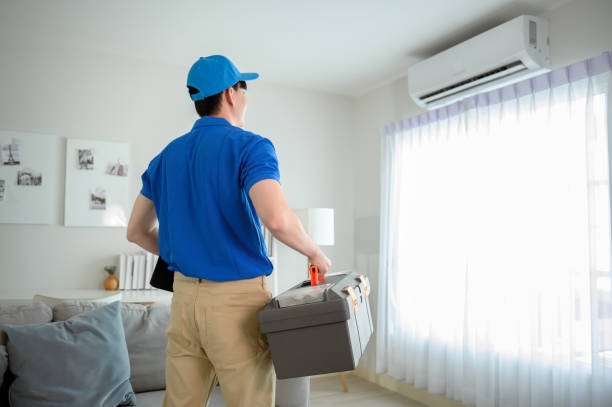
Recognising the signs of HVAC system deterioration or malfunction is paramount in determining the need for replacement.

When considering a replacement, it’s essential to assess the financial aspects involved to make informed decisions. Here are key aspects to consider:
Evaluate whether repairing your existing HVAC system is a cost-effective solution compared to replacing it entirely. Consider factors such as the age of the system, the extent of damage or wear, and the frequency of repairs needed.
In some cases, frequent repairs or outdated components may indicate that replacement is a more financially prudent option in the long run.
Assess the potential long-term savings and return on investment offered by a new HVAC system. While the upfront HVAC replacement cost may be higher, modern systems are typically more energy-efficient, resulting in lower utility bills over time.
Calculate the estimated savings based on energy efficiency ratings, the projected lifespan of the new system, and anticipated maintenance costs compared to your existing HVAC system.
The benefits of investing in modern heating and cooling units extend far beyond mere comfort. Improved energy efficiency, enhanced indoor air quality, and integration of smart technology are just a few advantages that modern systems offer.
By reducing energy consumption, optimising comfort levels, and incorporating advanced features such as programmable thermostats, homeowners stand to gain both immediate and long-term benefits.
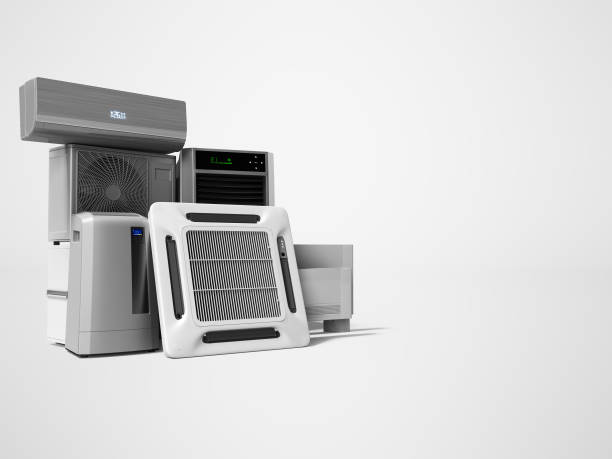
Modern homes have various types of HVAC systems available, each designed to provide efficient and comfortable indoor environments. Here are some common types:
A gas ducted heating system uses natural gas to generate heat, which is then distributed throughout the home via ductwork.
The system typically consists of a central heating unit, ducts installed in the ceiling or floor cavities, and vents or grilles in each room.
Gas ducted heating systems offer fast and effective heating, making them ideal for colder climates. They are also energy-efficient and can be zoned for customised comfort.
A ducted air conditioning unit provides centralised cooling and heating by distributing conditioned air through ducts installed in the ceiling or floor.
The system includes an outdoor condenser unit, an indoor air handler, and ductwork connecting them.
Ducted air conditioning units offer quiet and efficient operation, with the ability to control temperatures in multiple zones or rooms independently.
A split system aircon consists of two main components: an outdoor unit containing the compressor and condenser coil, and an indoor unit containing the evaporator coil and air handler.
These units are connected by refrigerant lines and do not require ductwork, making them suitable for homes without existing ducting or for room-specific heating and cooling needs.
Split systems offer flexibility, energy efficiency, and quiet operation, making them a popular choice for modern homes.
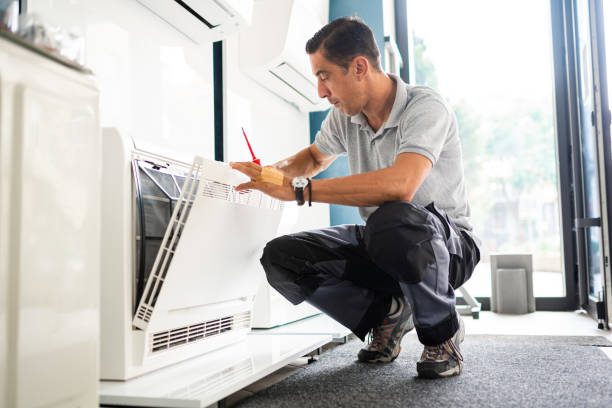
Selecting the right HVAC system for your home involves a careful evaluation of various factors.
Considering aspects such as home size, existing ductwork, local climate, and personal preferences can help narrow down the options.
Consulting with HVAC contractors and conducting thorough research ensures informed decision-making, ultimately leading to the selection of an HVAC system that meets your unique needs.
HVAC replacement represents a significant investment with far-reaching implications for comfort, energy efficiency, and overall well-being.
Choosing the right HVAC system and service provider ensures optimal comfort, efficiency, and peace of mind for years to come.
For expert HVAC installation and replacement services tailored to your needs, contact us today.
Let us help you maximise comfort and efficiency in your home.
Complete the form below to get a FREE no obligations quotation on any of the services we offer.
